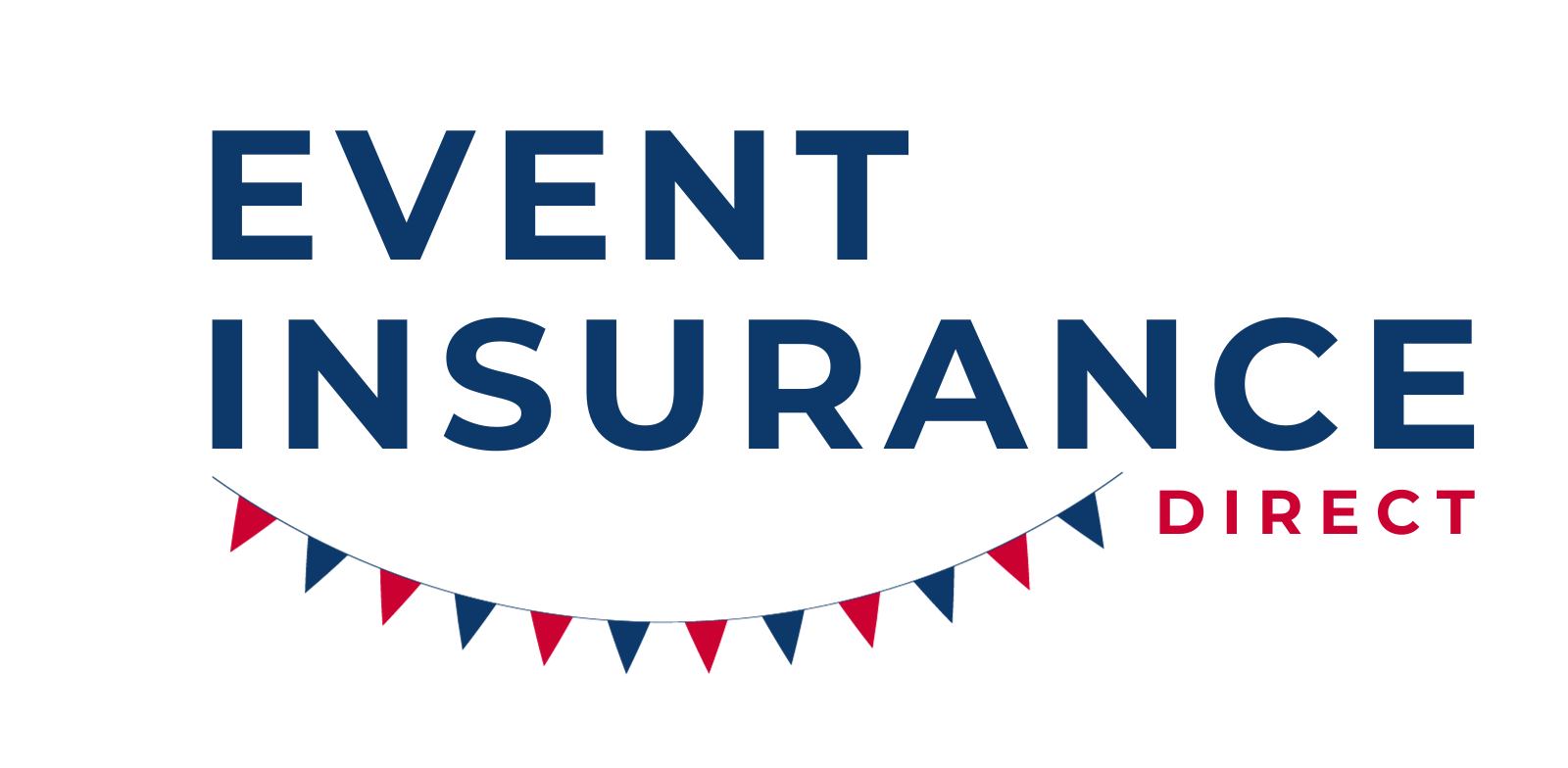Top Reasons Why Event Organisers Get Sued
Organising an event requires a determined mindset, and often a pretty thick skin to go with it. Whether you are planning a one off event or work in professional event management, you must prepare for unforeseen circumstances. With this is mind, event organisers should protect themselves from potential liability insurance claims.
Ultimately, as the event organiser, the outcome of the event lies on your shoulders. Additionally, you should prepare to carry the blame if something is to go wrong. This means that you are at risk of liability insurance claims and being sued, potentially leading to serious financial loss.
Avoid Liability Insurance Claims
Event insurance exists to protect organisers from the liabilities they are exposed to. This can take various different forms, including providing financial cover if you end up losing money, for example if the weather causes a wash out, or the non-appearance of a star act means you have to refund tickets.
Furthermore, events insurance also intends to provide a layer of protection just in case legal action is brought against an organiser. The nature of this legal cover varies from policy to policy. However, event policies will usually cover legal expenses plus compensation costs. This is generally for a maximum of anywhere between £1 million and £20 million.
Here are some of the most common reasons event organisers get sued, and why it is so important to have the appropriate cover.
1. Personal Injury
If an accident happens at an event causing injury to a visitor, a performer or speaker, or to a member of staff, the organiser may find themselves liable to pay compensation. This will depend on whether or not the organiser, or anyone working at the event, is breaching health and safety protocols. In general, claims for injury will arise if one of the following proves to be the case:
- The organiser did not carry out appropriate risk assessments and take action to minimise risks of injury.
- People working at the event did not follow the health and safety protocols put in place.
- People working at the event did not have the right skills and qualifications to ensure safety at the event.
So if a piece of equipment like a lighting rig or staging fell during an event and caused injury, the organiser could be liable on three counts – not anticipating the risk and planning accordingly, not managing the installation correctly, or not ensuring the contractors hired were correctly qualified.
In all of these cases, event public liability insurance provides cover against legal action.
Protect yourself from a potential liability insurance claim
2. Damage to Equipment
This relates specifically to any hire equipment used at the event, or any property or equipment brought or used by exhibitors or performers. An event organiser may be liable for damage to equipment if negligence can be shown on more or less the same terms as with personal injury. So, for example, if an electrical fault damages a supplier’s equipment, and the fault stems from an incorrect installation carried out by an unqualified contractor, the event organiser may be liable.
3. Damage to Venue
Again, it does not necessarily matter exactly how any damage to the venue is caused, or by whom. Liability rests on whether the organiser has carried out their responsibilities correctly – if caused by members of the audience, was there a proper assessment of the risk of a crowd behaving inappropriately? If there’s a problem with equipment or an installation, was it carried out correctly by people qualified to do the job?
4. Breach of Contract
This can be a complex area, and will depend on the nature of the contracts in place for the event. Examples might include:
- A venue operator suing over a breach of terms of use, e.g. resulting from damage to the building.
- An organisation which hires an event planner to run a conference, exhibition, awards night etc. suing over quality of service. If, for example, caterers do not provide food service at a satisfactory standard, the event organiser can take blame.
- Conflicts over performance contracts. If you are booking a paid-for performer, the contracts will usually stipulate certain conditions, including a minimum fee. If ticket sales are poor, the organiser can find themselves sued for the amount specified in the contract.
Find Out More
For a quick, no obligation quote for our full range of event insurance services, contact Event Insurance Direct today.







